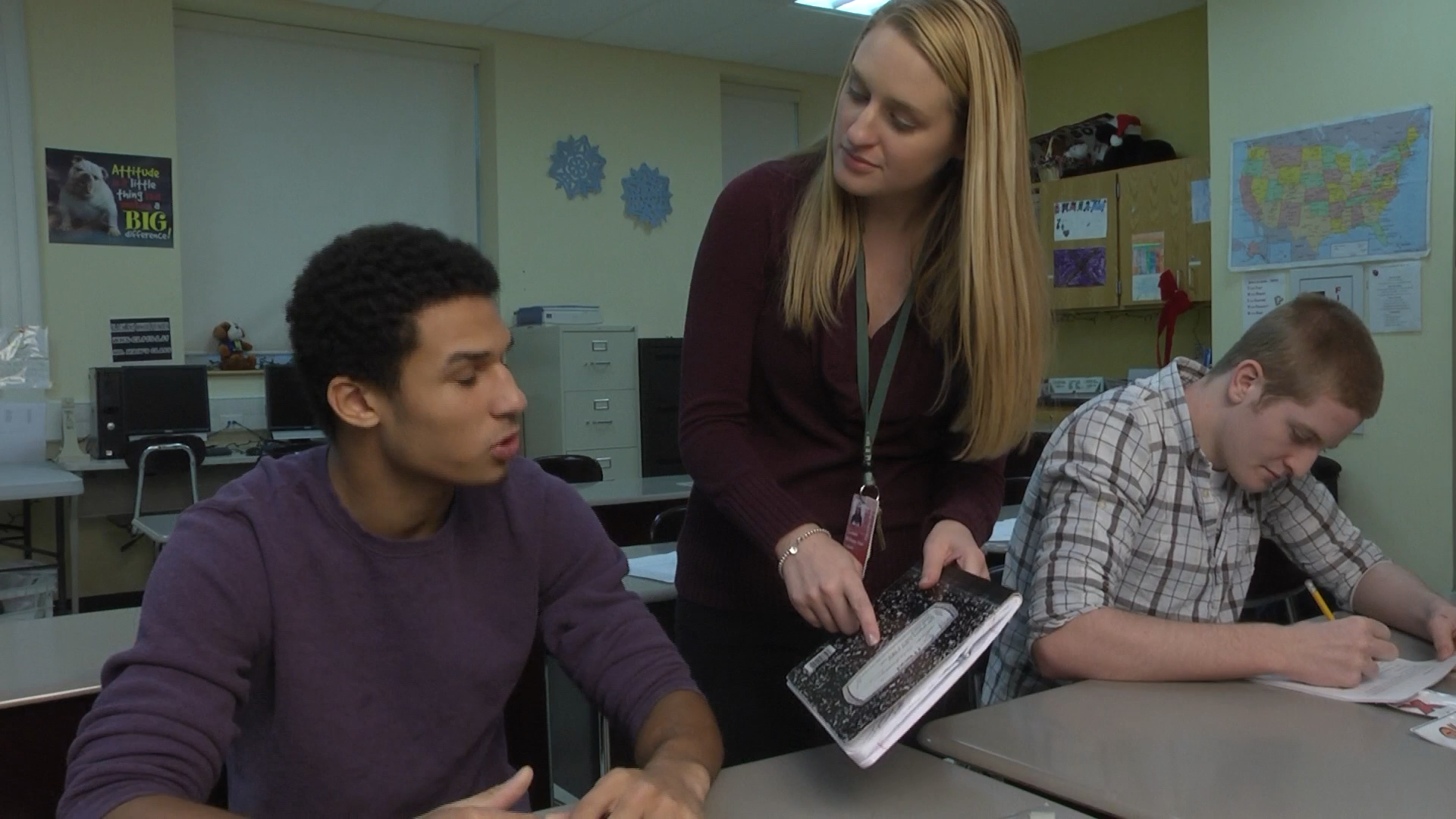
In this blog post, we will discuss a critical social-emotional skill: self-control. Self-control is the ability to manage one’s actions and feelings, especially when faced with challenging situations. Losing self-control can lead to negative consequences, such as getting into trouble or damaging relationships. As educators, it is essential to teach students the importance of maintaining self-control and provide them with strategies to help them manage their emotions.
No-Prep Activity: The Pause Button
This simple activity requires no preparation or materials from the educator. The goal is to help students practice self-control by pausing before reacting to a situation.
- Ask students to imagine that they have a pause button on their forehead. This button allows them to stop and think before reacting to a situation.
- Present a scenario to the students where they might feel the urge to lose self-control. For example, someone accidentally spills water on their work, or a classmate makes a hurtful comment.
- Encourage students to “press” their imaginary pause button and take a deep breath before responding to the situation. This brief pause can help them regain control over their emotions and choose a more appropriate response.
Regularly practicing the Pause Button activity can help students develop better self-control and become more aware of their emotions and reactions.
Discussion Questions
- Why is it important to maintain self-control in school and other social situations?
- What are some strategies you can use to regain self-control when you feel overwhelmed or upset?
- How can losing self-control impact your relationships with classmates, teachers, and friends?
- Can you think of a time when you successfully maintained self-control in a challenging situation? How did it make you feel?
- What can you learn from situations where you have lost self-control in the past?
Related Skills
Besides self-control, there are other relevant skills that students can benefit from learning and practicing. These include:
- Emotion regulation: The ability to manage and express emotions in a healthy and appropriate manner.
- Empathy: Understanding and sharing the feelings of others, which can help in developing positive relationships.
- Problem-solving: Finding effective solutions to challenges and conflicts, while maintaining self-control.
- Resilience: The ability to bounce back from setbacks and adapt to change, which can help maintain self-control in difficult situations.
Next Steps
Teaching self-control is a crucial aspect of social-emotional learning, and it can have a significant impact on a student’s success in school and life. If you’re interested in exploring more activities and resources to help your students develop self-control and other essential skills, we invite you to sign up for free samples of the materials available at Everyday Speech. These resources can provide you with valuable tools to support your students’ social-emotional growth and development.





